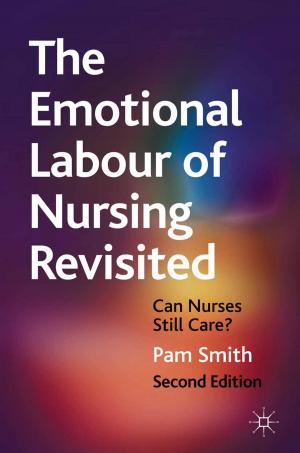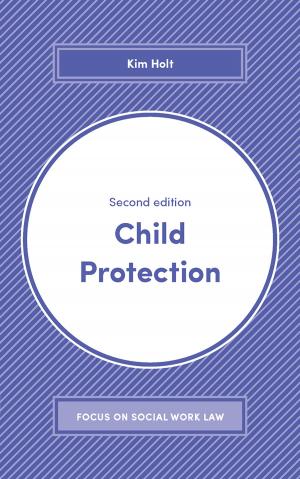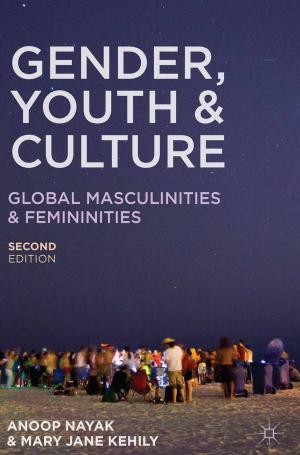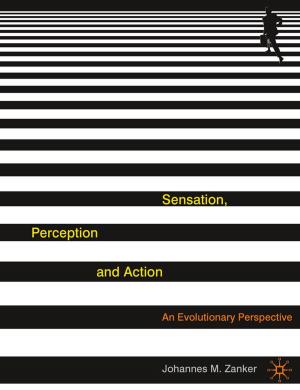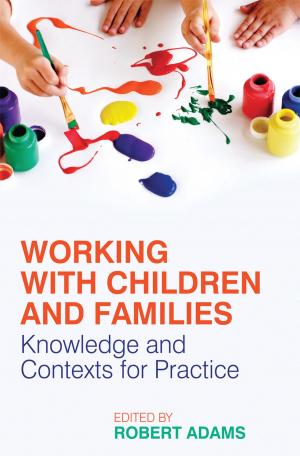Difference and Diversity in Counselling
Contemporary Psychodynamic Approaches
Nonfiction, Health & Well Being, Psychology, Psychotherapy, Medical| Author: | Sue Wheeler | ISBN: | 9780230209046 |
| Publisher: | Macmillan Education UK | Publication: | July 13, 2006 |
| Imprint: | Red Globe Press | Language: | English |
| Author: | Sue Wheeler |
| ISBN: | 9780230209046 |
| Publisher: | Macmillan Education UK |
| Publication: | July 13, 2006 |
| Imprint: | Red Globe Press |
| Language: | English |
All counsellors are compelled to take account of the diverse society in which they practice and to inform themselves of best practice with all client groups. This book provides a contemporary psychodynamic perspective on difference and diversity to bring practitioners up to date with current thinking when faced with a client who is in some way 'different'. References to race, culture or disability in classical psychoanalytic literature are few. In a society that embraces diversity and seeks to afford equality for all, theories of male and female identity development need revisiting. Older people make up a large proportion of the population and religious beliefs make headline news, but psychodynamic perspectives on clinical work with such groups are limited. Indeed, the social context of the twenty first century, that provides the backdrop for the hopes, fears and aspirations of our clients, warrants attention, as people and organisations are shaped by the social systems that prevail.
In the past decade equal opportunities legislation and the need to be proactive in thinking about diversity has begun to make its mark. Complacency is no longer tolerated. This book is essential reading for counsellors and psychotherapists in training and for experienced practitioners whose continuous professional development will be enhanced by re-evaluating how diversity affects their practice.
All counsellors are compelled to take account of the diverse society in which they practice and to inform themselves of best practice with all client groups. This book provides a contemporary psychodynamic perspective on difference and diversity to bring practitioners up to date with current thinking when faced with a client who is in some way 'different'. References to race, culture or disability in classical psychoanalytic literature are few. In a society that embraces diversity and seeks to afford equality for all, theories of male and female identity development need revisiting. Older people make up a large proportion of the population and religious beliefs make headline news, but psychodynamic perspectives on clinical work with such groups are limited. Indeed, the social context of the twenty first century, that provides the backdrop for the hopes, fears and aspirations of our clients, warrants attention, as people and organisations are shaped by the social systems that prevail.
In the past decade equal opportunities legislation and the need to be proactive in thinking about diversity has begun to make its mark. Complacency is no longer tolerated. This book is essential reading for counsellors and psychotherapists in training and for experienced practitioners whose continuous professional development will be enhanced by re-evaluating how diversity affects their practice.







